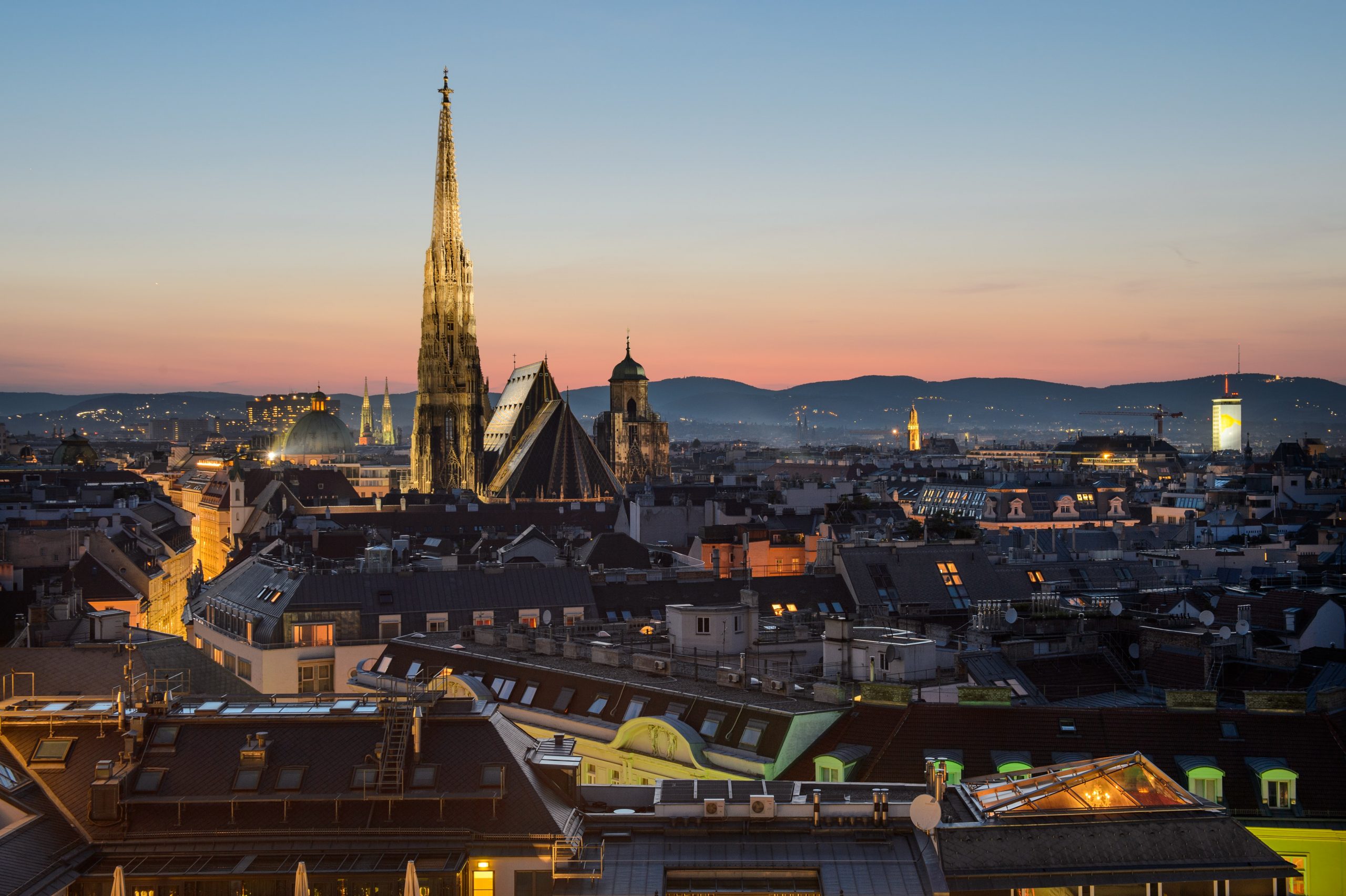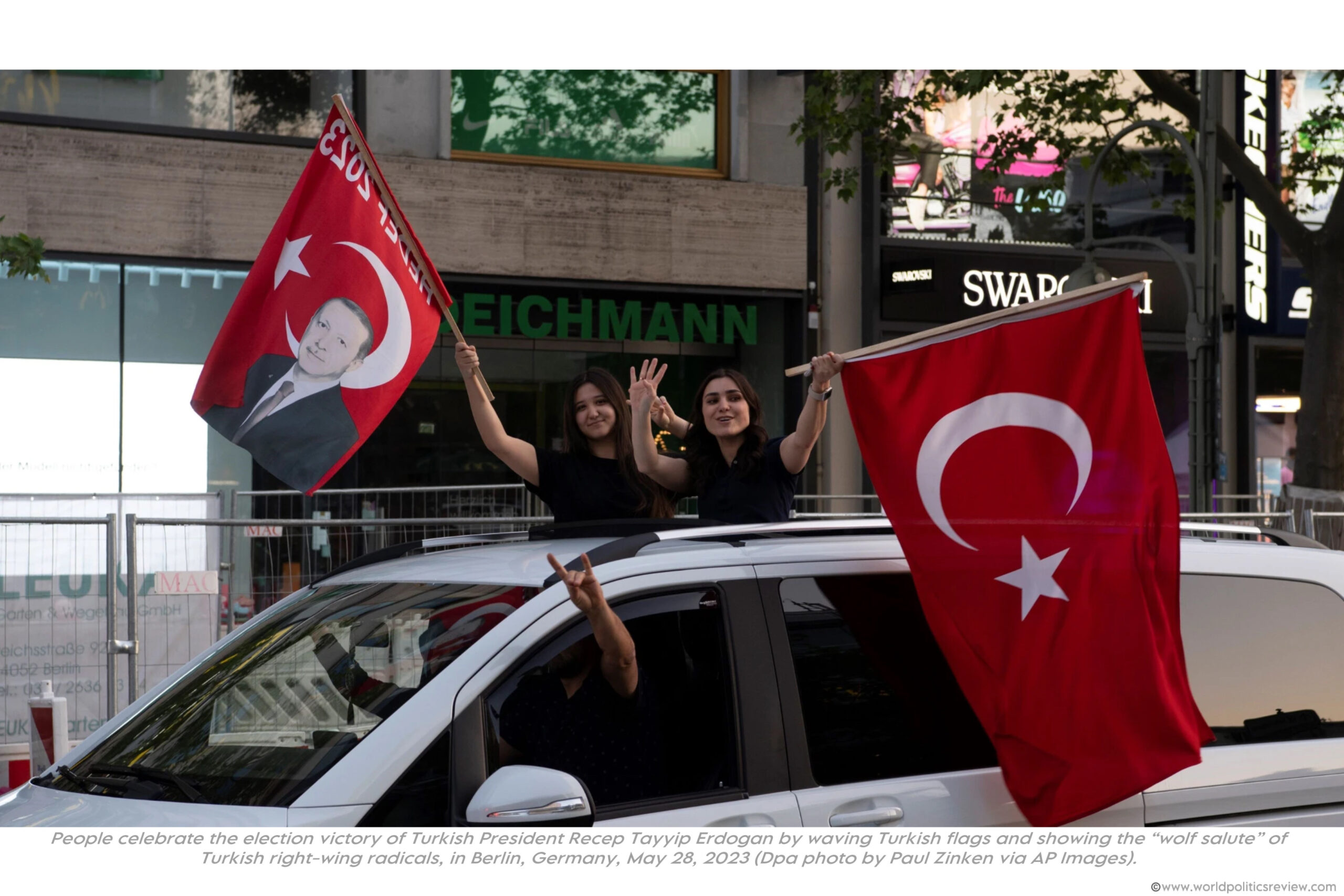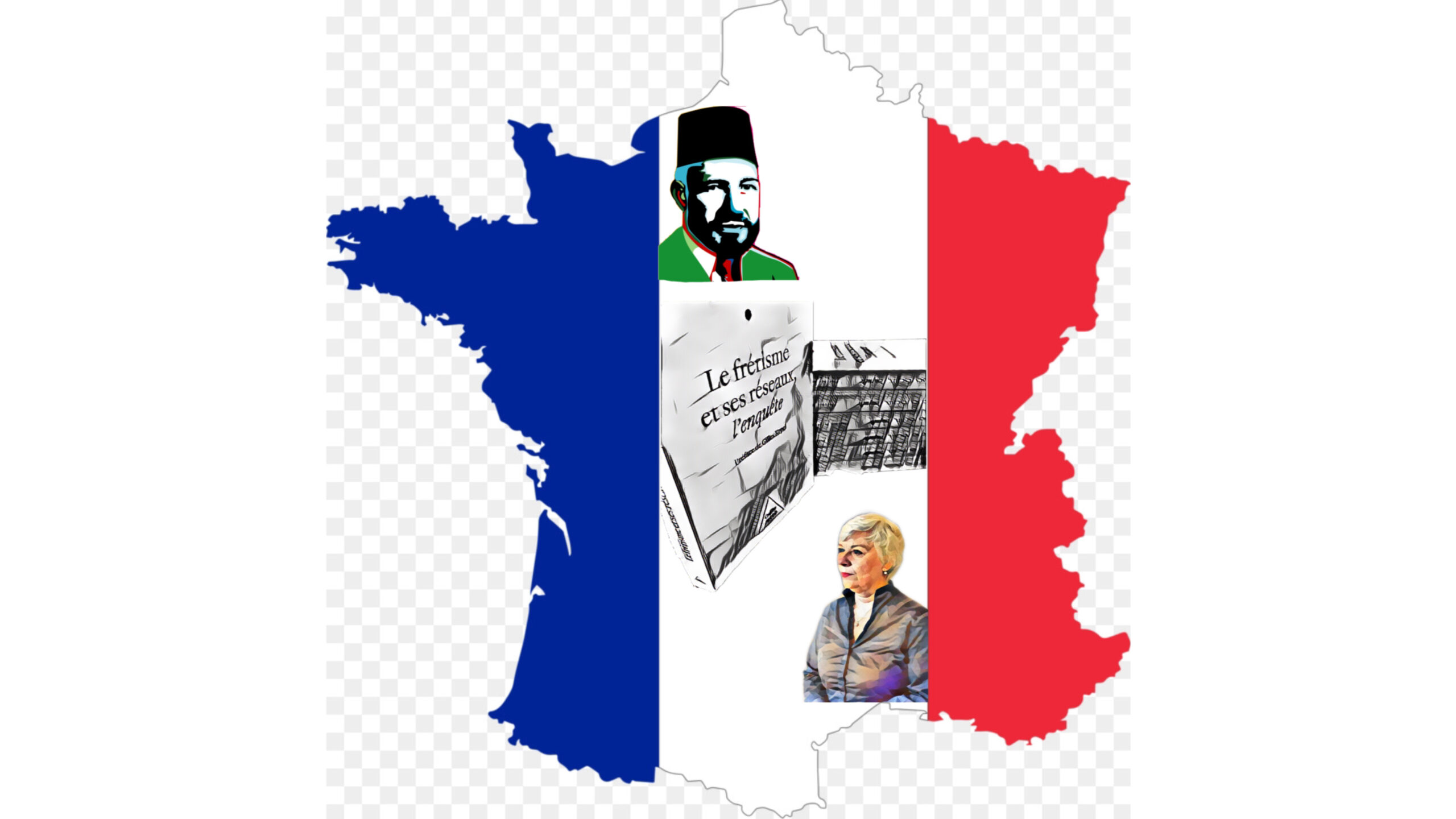In late February 2022 in Vienna, experts, academics, representatives of religious communities and other civil organizations came together to a symposium entitled “Muslims and the Islamic Federations in Austria in Political Focus”. The event was considered timely in the light of a string of events that unfolded during the pandemic. In November of 2020, there was a terrorist attack at the hands of an Islamic State sympathizer. In response, the Austrian government launched the controversial Operation Luxor where police raided homes of Muslims deemed suspicious. In this context of heightened tension surrounding the subject, Austria’s Observatory for Political Islam released its first report detailing the situation regarding the risks of a politicized Islam in Austria.
With Covid restrictions progressively being eased throughout 2022, an in-person and online event was held. The aim of the hybrid conference was on one hand to examine the development of the situation for Muslims in Austria following the terrorist attack and, on the other hand, to discuss the report of the Observatory for Political Islam. The conference was organized by the Islamic Federations in Austria.

The symposium marked the first time that the Muslim organizations that are at the center of Austria’s political and media debates agreed to an open exchange with critics, such as representatives from the Observatory for Political Islam. In his opening speech, the spokesman for the Islamic Federations in Austria, Abdi Taşdöğen, addressed the recent developments in Austria and their impact on the Muslim population. Taşdöğen stated : “The deliberate association of Muslims with terrorism by some politicians, academics, historians, etc., has unfortunately solidified mistrust of this social group” (Source). He added that these types of allegations and associations cause significant harm to the everyday life of Muslims. The status of the Observatory for Political Islam and its study published in November of 2021 entitled “Organizations of Political Islam and their Influence in Europe and Austria” were front and center in the discussion. Jörn Thielmann, the Managing Director of the Erlangen’s Center for Islam and Law in Europe (EZIRE), criticized the Observatory for Political Islam for its mission as well as for its publication. About the Observatory, he declared : “No one would start a documentation center for political Christianity now, just because Catholic priests are involved in proselytism” (Source). He also criticised the 2021 report : “ (it) lacks dynamism , it seems too frozen. We live in 2021 and quotes are being employed that date back to the year 2000. Everyone changes, even the Millî Görüş has changed,” (Source).
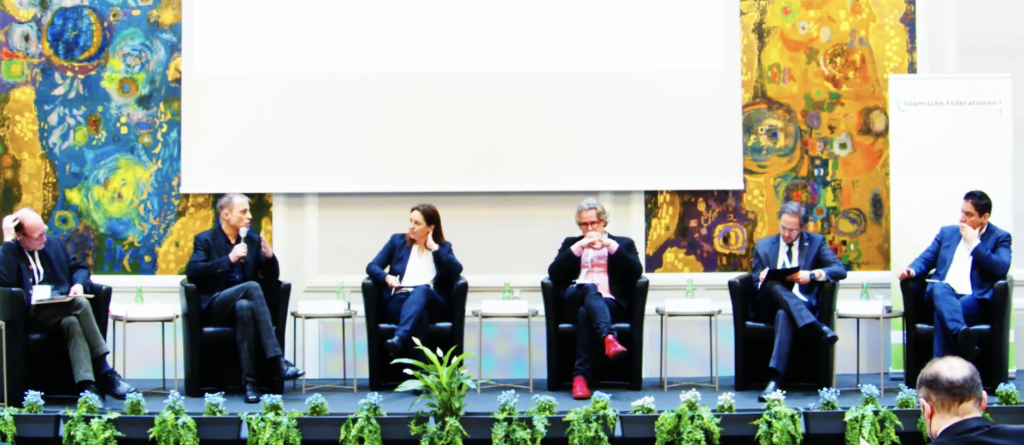
Millî Görüş ( i.e. ‘National Outlook’), founded in 1969 by Necmettin Erbakan (who died in 2011), positions itself as a pro-Turkish group. It represents one of the largest Islamic organizations in the West, critical of the West and of assimilation of Turkish nationals, be they domestic or abroad, to Western values. In stark contrast to Thielmann, historian Heiko Heinisch, one of the authors of the study, expressed concern in what he called an increasing veneration of Millî Görüş founder, Necmettin Erbakan – a veneration he describes as “fatal” (Source). Adopting Lorenzo Vidino’s terminology of ‘legalist Islamism’, Heinisch considers that “The Millî Görüş movement appears outwardly open to the world, while inward critique of main stream Austrian society are widespread” (Source).
According to the Millî Görüş movement’s Secretary General Bekir Altaş, the Observatory’s study selectively and incorrectly quotes passages from reports that were published by the Federal Office for the Protection of the Constitution. In Altaş’s view, this selective treatment leads to Millî Görüş having “an affinity for violence” (Source). According to Altaş, such attributions intend to socially and politically marginalize the movement, leading him to conclude: “We will not allow ourselves to be pushed to the margins of society” (Source).
Meanwhile, a very different kind of debate is being held at the nationalist populist end of the Austria’s political spectrum. Herbert Kick, the head of the opposition party, the Freedom Party (FPÖ), took position on the ongoing civil unrest in Sweden on April 19, 2022. He said: “When police cars burn in the middle of Sweden, supposedly Europe’s model country of immigration, and young people are shouting ‘Allahu-Akbar’ while attacking police officers and bystanders with stones and incendiary devices, the alarm bells must start ringing in our country as well. In any case, the government is urgently called upon to counteract similar extremist tendencies in Austria” (Source).
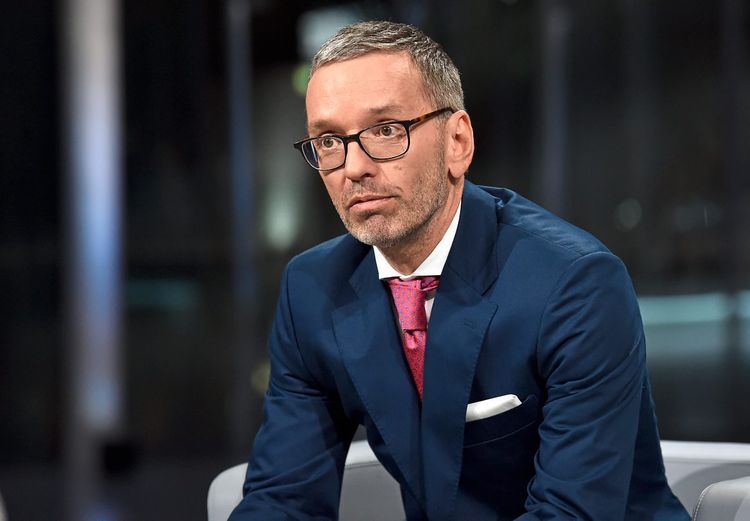
Known for his confrontational style, the former Minister for Interior Affairs (2017-2019) called upon the existing government to counteract what he calls the increasing radicalization of parts of the immigrant communities: “The federal government must have no illusions and face the uncomfortable facts. The terrorist attack in Vienna, culture-related riots between Kurds and Turks in districts inhabited mainly by migrants or the inglorious New Year’s Eve riots were already a foretaste of what may still come if the radicalized part of the Muslim population feels provoked for whatever reason” (Source).
The full-length 4-and-a-half-hour symposium is available online, in German at the following link: Video Link.

